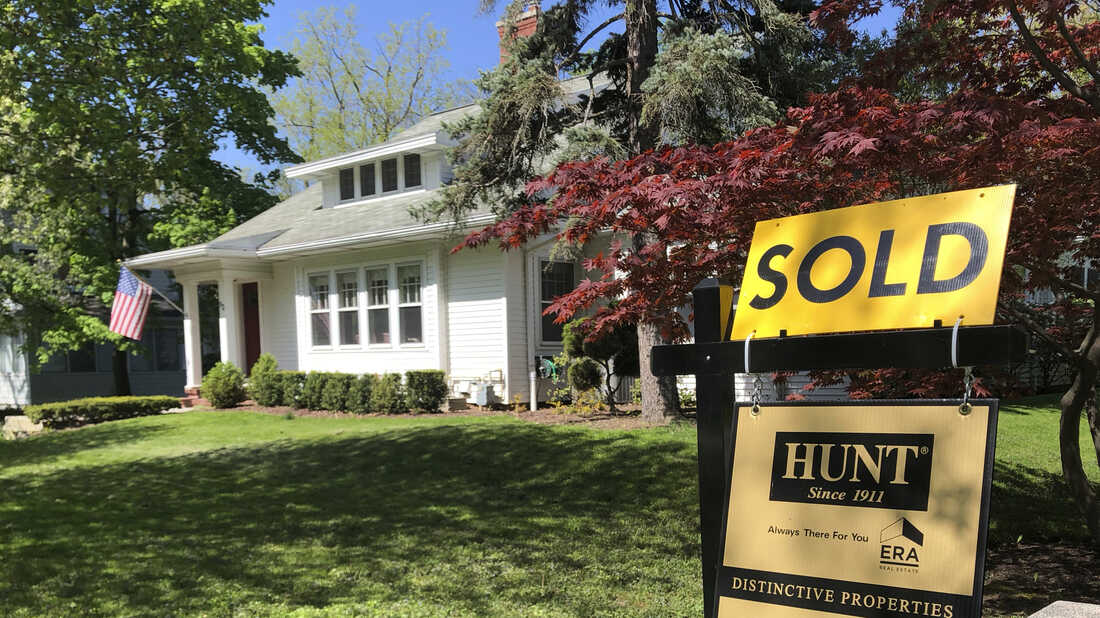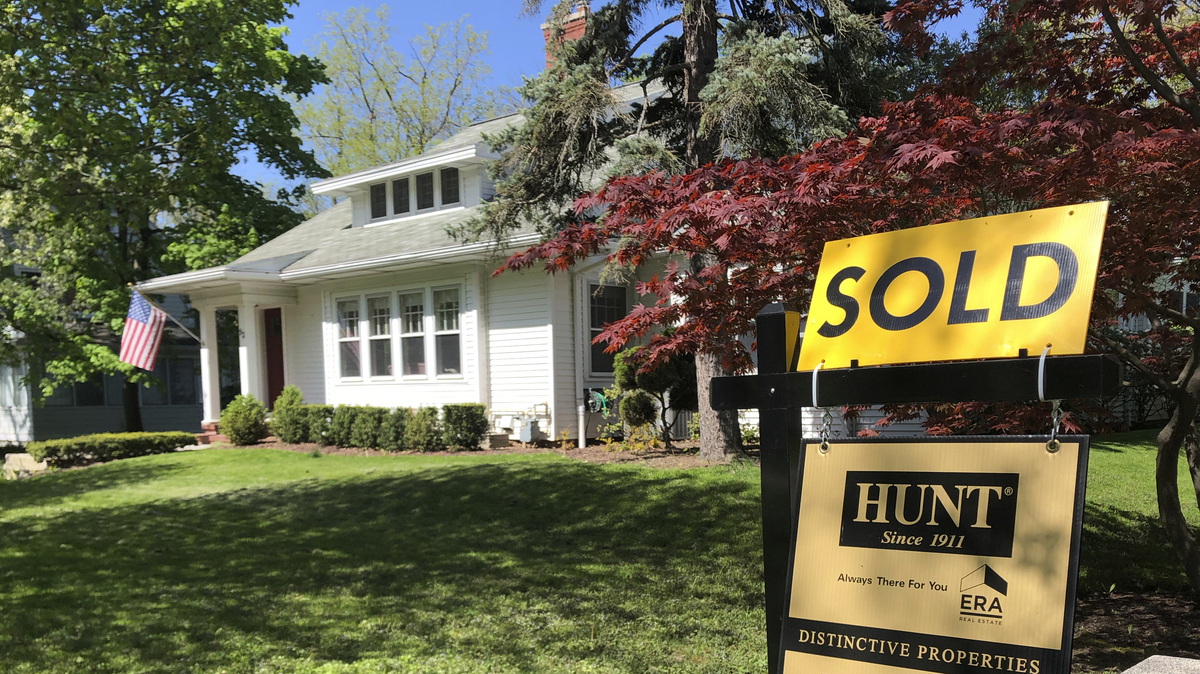
When Americans uproot their lives and move to a new place, they often choose to be around people who think and vote like they do. Ted Shaffrey/AP hide caption

When Americans uproot their lives and move to a new place, they often choose to be around people who think and vote like they do.
Ted Shaffrey/APThe U.S. is becoming more geographically polarized. Red zip codes are getting redder and blue zip codes are getting bluer. And this is because people are purposefully moving to places that reflect their views. Which is a trend that comes with consequences.
NPR correspondent John Burnett spoke with some Texan transplants about how their politics impacted their choice of community.
Email us at
This episode was produced by Jason Fuller. It was edited by Lee Hale and Fatma Tanis. Our executive producer is Cara Tallo.

 Live Radio
Live Radio